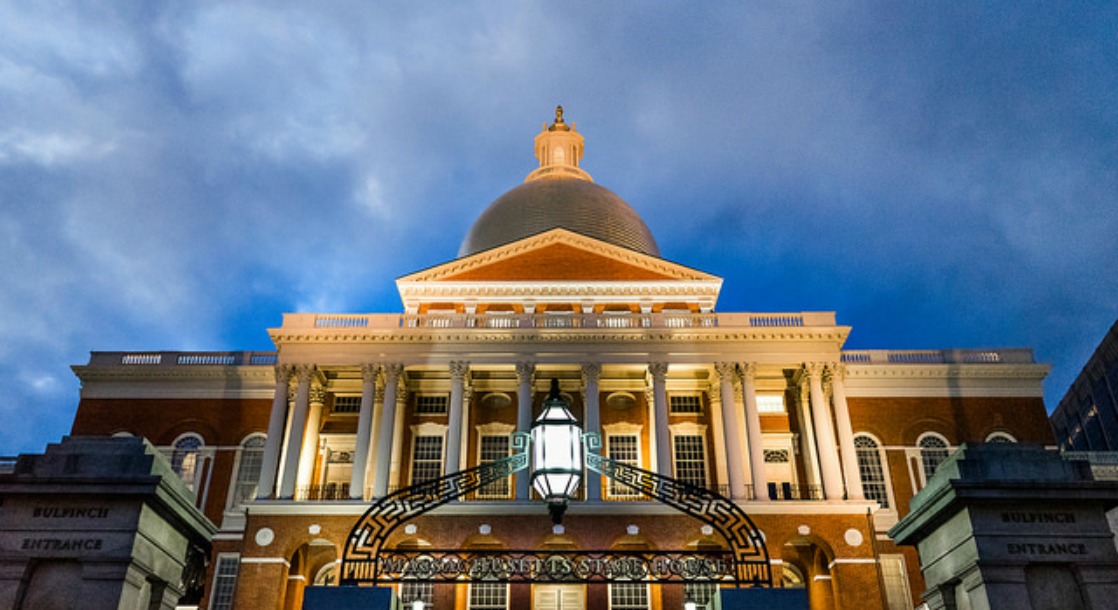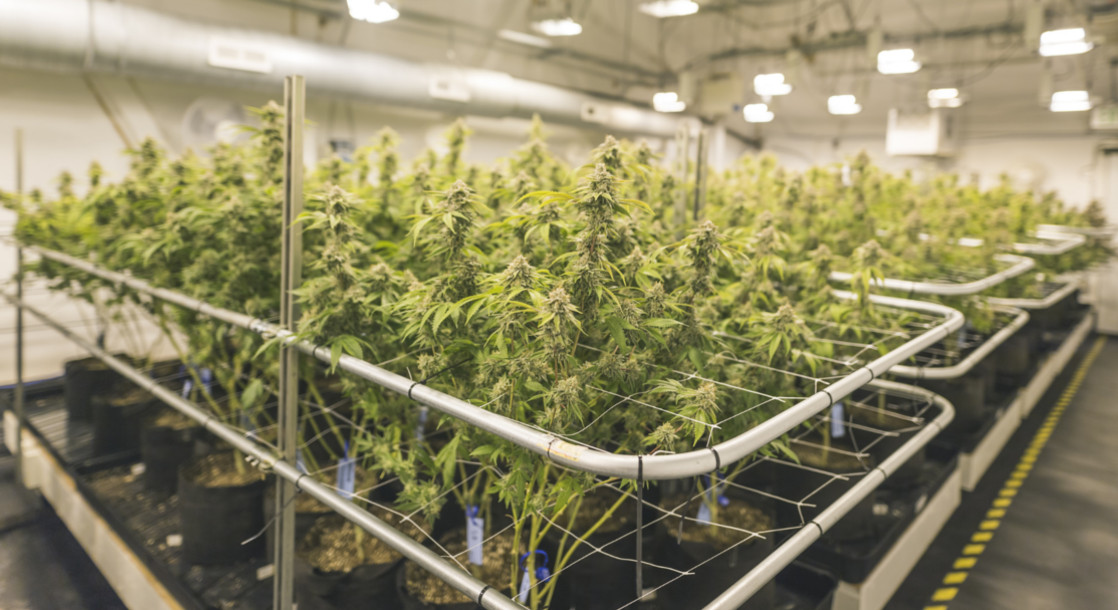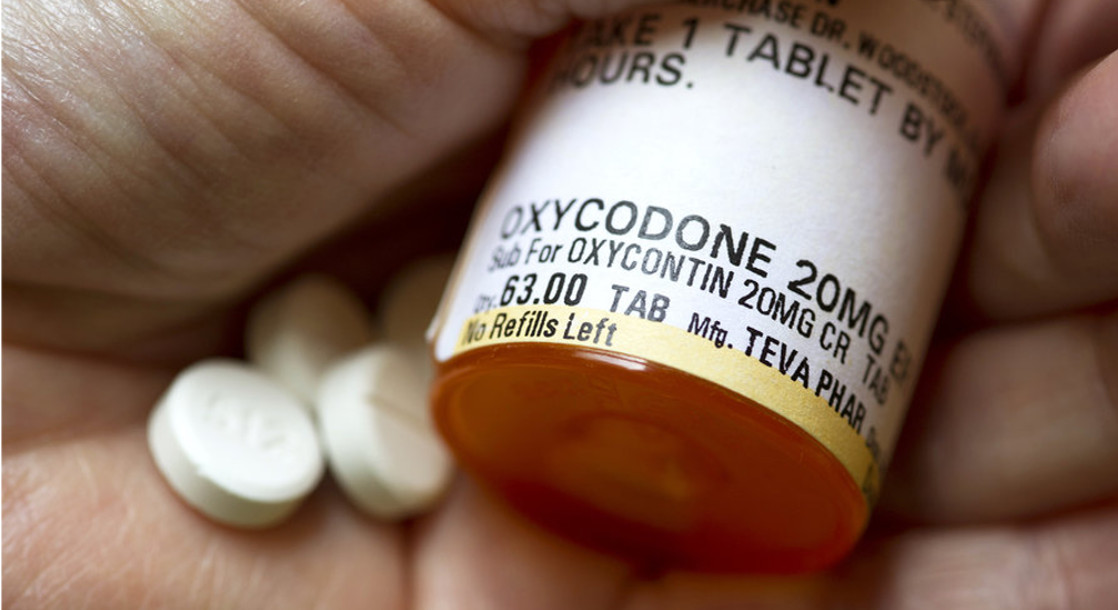It’s been more than six months since voters in Massachusetts passed Question 4 and legalized recreational marijuana use for adults, but while Nevada, where voters also passed legalization last November, has already started selling legal weed on the Las Vegas strip, legislators in the Bay State still can’t decide on even the most basic regulatory structures.
Almost as soon as Massachusetts voters passed recreational legalization, state lawmakers got to work making changes to the widely heralded legislation. In the process, the House of Representatives passed a plan to raise cannabis tax from 12% to 28% and give local municipalities the power to ban canna-businesses in their local jurisdictions. The State Senate rebuffed that proposal and passed their own regulations, putting the tax rate back at 12% and power back in the hands of local voters.
According to the Associated Press, members of the Massachusetts House and Senate have not since been able to come to a compromise, and missed their self-imposed regulatory deadline yesterday. A previous statement said that the state legislature’s six member conference committee would have a bill ready to send to Governor Charlie Baker’s desk by Friday.
Instead, lawmakers will expand the debate into next week, after a quick vacation of course.
A spokeswoman for Democrat Patricia Jehlen, the Senate’s chief negotiator, told reporters on Friday that the legislators “are making good progress,” and will continue negotiations after the Fourth of July.
For Massachusetts cannabis advocates, the legislative bickering is particularly infuriating. Jim Borghesani, the Communications Director for the Campaign to Regulate Marijuana Like Alcohol in Massachusetts, the group that sponsored the legalization ballot initiative, says the legislative meddling has been entirely unnecessary.
“As we’ve said all along, the legalization measure passed by 1.8 million voters requires no fixes,” Borghesani said.
If lawmakers are unable to come to a compromise, the original legalization plan approved by voters in November will officially be turned into law.











